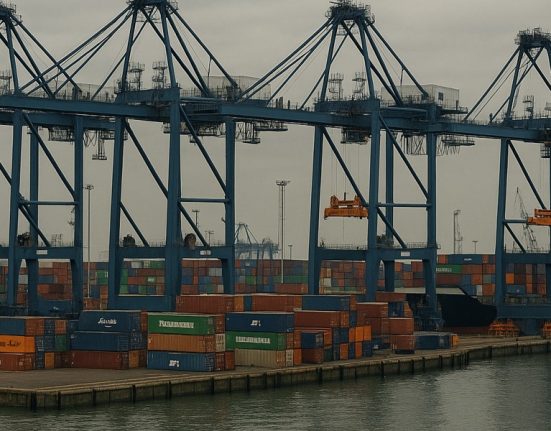Think-tank warns on productivity gamble
Rachel Reeves could be left scrambling to fill an £18bn hole in government spending plans by the end of the decade if her strategy for lifting public sector productivity falters, according to a new analysis from the Institute for Fiscal Studies (IFS).
Efficiency drive under scrutiny
The chancellor has told Whitehall departments to deliver at least 5% efficiency savings by 2028-29, combining leaner back-office operations with improvements in frontline services. In theory, the move would push public service funding productivity up by 2.3% – a level of progress not achieved in modern times.
The IFS warned that if productivity flatlined, Reeves would have to allocate an extra £18bn, including transfers to devolved administrations, simply to keep services performing at their current level. Even achieving only half of her ambition would still open a £9bn shortfall.
“This is not the first government to promise to cut waste and boost efficiency,” said Olly Harvey-Rich, a research economist at the think-tank. “But such pledges have rarely been delivered.”
Fiscal headroom under pressure
Unlike her predecessors, Reeves faces heightened urgency. Labour has pledged not to raise headline taxes and has limited room under its self-imposed fiscal rules. That leaves productivity improvements as the main lever for squaring the circle of rising demands on public services with tight spending limits.
IFS modelling suggests that the government’s plans imply annual input productivity growth of 1% between now and 2028-29. That compares with just 0.2% a year from 1997 to 2019, and 0.7% a year during the austerity period leading up to 2019.
Cuts and risks
One area where Reeves is following precedent is administrative budgets. Departments are expected to cut running costs by 10% in real terms, saving £2bn. The IFS noted that even deeper reductions were achieved under the Conservative-led coalition after 2010.
Yet the think-tank cautioned that across-the-board cuts could backfire if savings in procurement or IT end up weakening frontline performance. Larger efficiency gains may be possible in restoring NHS productivity to pre-pandemic levels, but other areas such as large-scale digital projects or artificial intelligence remain unproven.
Political stakes
For Reeves, the success or failure of this gamble will define the government’s ability to restore services without breaching promises on tax or stability. The IFS warned that the scale of productivity growth required is “serious” and has little historical precedent.
If the gains do not materialise, the government may be forced into painful choices: cutting deeper, borrowing more, or revisiting its tax stance – all of which would carry heavy political costs.







